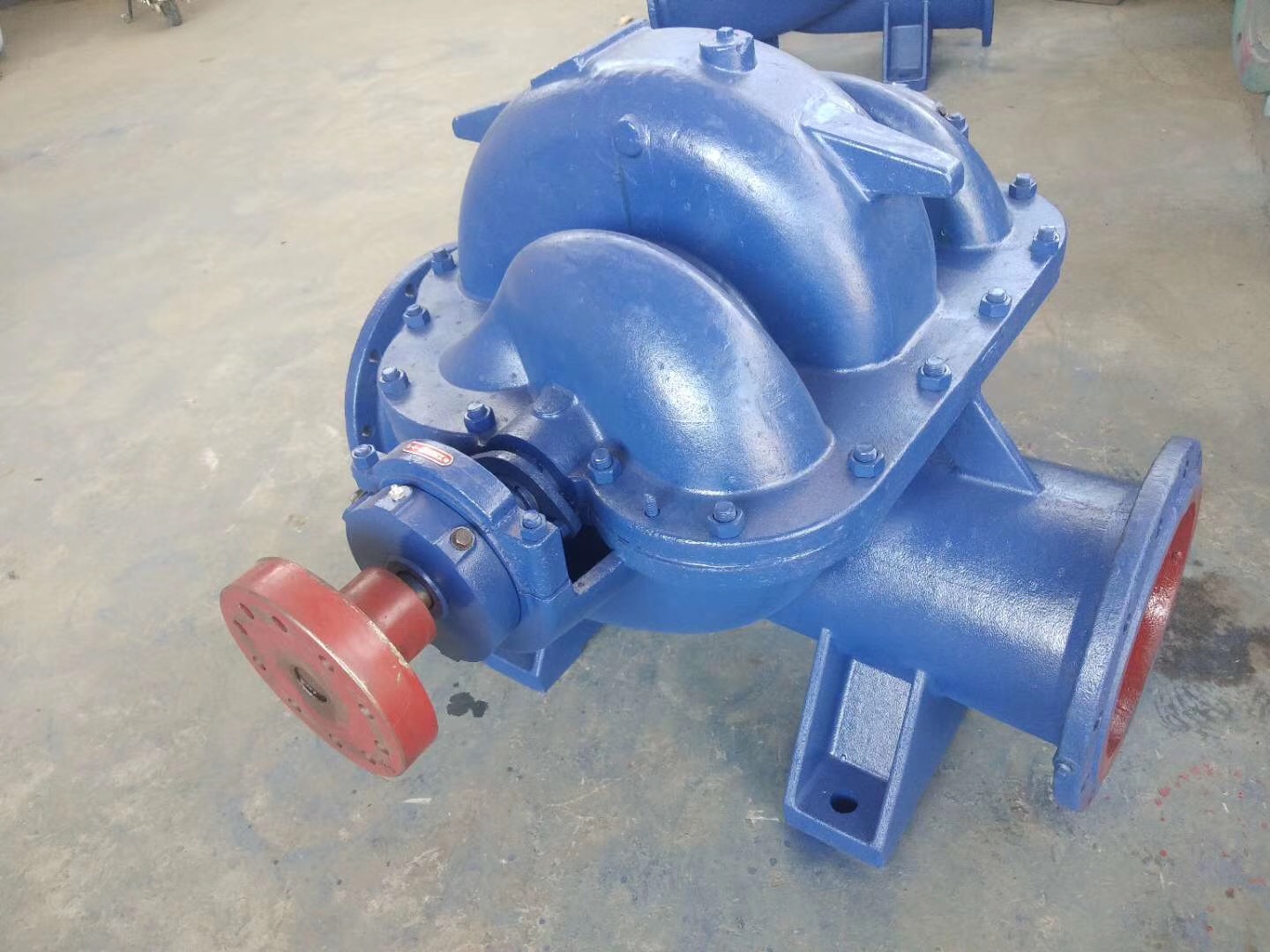Tajik
- Afrikaans
- Albanian
- Amharic
- Arabic
- Armenian
- Azerbaijani
- Basque
- Belarusian
- Bengali
- Bosnian
- Bulgarian
- Catalan
- Cebuano
- Corsican
- Croatian
- Czech
- Danish
- Dutch
- English
- Esperanto
- Estonian
- Finnish
- French
- Frisian
- Galician
- Georgian
- German
- Greek
- Gujarati
- Haitian Creole
- hausa
- hawaiian
- Hebrew
- Hindi
- Miao
- Hungarian
- Icelandic
- igbo
- Indonesian
- irish
- Italian
- Japanese
- Javanese
- Kannada
- kazakh
- Khmer
- Rwandese
- Korean
- Kurdish
- Kyrgyz
- Lao
- Latin
- Latvian
- Lithuanian
- Luxembourgish
- Macedonian
- Malgashi
- Malay
- Malayalam
- Maltese
- Maori
- Marathi
- Mongolian
- Myanmar
- Nepali
- Norwegian
- Norwegian
- Occitan
- Pashto
- Persian
- Polish
- Portuguese
- Punjabi
- Romanian
- Russian
- Samoan
- Scottish Gaelic
- Serbian
- Sesotho
- Shona
- Sindhi
- Sinhala
- Slovak
- Slovenian
- Somali
- Spanish
- Sundanese
- Swahili
- Swedish
- Tagalog
- Tajik
- Tamil
- Tatar
- Telugu
- Thai
- Turkish
- Turkmen
- Ukrainian
- Urdu
- Uighur
- Uzbek
- Vietnamese
- Welsh
- Bantu
- Yiddish
- Yoruba
- Zulu
Telephone: +86 13120555503
Email: frank@cypump.com
Jul . 31, 2024 06:01 Back to list
Exploring the Design and Efficiency of Horizontal Split Case Pumps for Various Applications
Understanding Horizontal Split Case Pumps Mechanisms, Applications, and Benefits
Horizontal split case pumps are among the most commonly used pumps in various industries due to their robustness, efficiency, and ease of maintenance. These pumps are designed to handle clean water and other low viscosity liquids, making them suitable for a wide range of applications, including water supply, irrigation, and industrial processes.
Mechanisms of Horizontal Split Case Pumps
At the heart of a horizontal split case pump is its unique design, which consists of two main halves that are split horizontally. This design allows for easy access to the interior components of the pump, such as the impeller and casing, without needing to remove it from the pipeline. The pump operates on the principle of centrifugal force, drawing fluid into the impeller through the suction inlet and then discharging it through the outlet.
The impeller, which is the rotating component of the pump, plays a crucial role in converting mechanical energy into hydraulic energy. As the impeller spins, it creates a low-pressure area that draws fluid into the pump. The design of the impeller, including its shape and the number of vanes, is optimized to achieve the desired flow rate and pressure.
The casing of a horizontal split case pump is designed to maintain pressure and protect the internal components from wear and tear. The horizontal configuration provides stability, allowing the pump to operate efficiently at a variety of flow rates and pressures.
Applications of Horizontal Split Case Pumps
Horizontal split case pumps are versatile and can be used in numerous applications across different industries. They are commonly employed in municipal water supply systems, where they transport water from treatment facilities to distribution networks. In industrial settings, these pumps support processes that require reliable fluid transfer, such as cooling water circulation in power plants or HVAC systems, and in manufacturing industries for handling various liquids.
horizontal split case pump

Irrigation systems also benefit significantly from these pumps, as they can effectively move water from sources like rivers or lakes to agricultural fields
. Additionally, horizontal split case pumps are used in fire protection systems due to their ability to deliver high flow rates and maintain consistent pressure, which is critical during emergencies.Benefits of Horizontal Split Case Pumps
One of the primary advantages of horizontal split case pumps is their ease of maintenance. The split design allows technicians to access internal components easily without disturbing the entire pump assembly. This reduces downtime, making maintenance more manageable and cost-effective.
Moreover, these pumps are known for their energy efficiency. They can be designed to operate at various speeds, which allows for optimization based on specific flow and pressure requirements. Improved efficiency translates into lower operating costs over the pump's lifespan.
Additionally, horizontal split case pumps are robust and durable, making them suitable for continuous operation in demanding environments. Their design minimizes wear and tear, which extends the overall lifespan of the pump and reduces the need for frequent replacements.
Conclusion
In summary, horizontal split case pumps play a vital role in modern fluid handling applications due to their unique design and operational efficiency. From municipal water supply to industrial processes and irrigation systems, their widespread use highlights their reliability and versatility. Their ease of maintenance, energy efficiency, and durability make them an excellent choice for various pumping needs. As industries continue to evolve and require more efficient and reliable pumping solutions, horizontal split case pumps will undoubtedly remain a preferred option in the marketplace.
-
Custom Drilling Mud and Slurry Pump Supplier - High Efficiency, Tailored Solutions
NewsJun.10,2025
-
Supply Vertical Submersible Sewage Pump High-Efficiency WQ/QW Pumps Supplier
NewsJun.10,2025
-
Premium Sewage Ejection System & Pumps Efficient Waste Removal
NewsJun.09,2025
-
Premium Wholesale Slurry Pump Impellers Durable & Efficient Slurry Handling
NewsJun.09,2025
-
Top Sewage Pump Companies Durable Industrial Solutions for Efficiency
NewsJun.09,2025
-
Heavy Duty Slurry Pumps - OEM High Performance & Bulk Wholesale
NewsJun.09,2025










